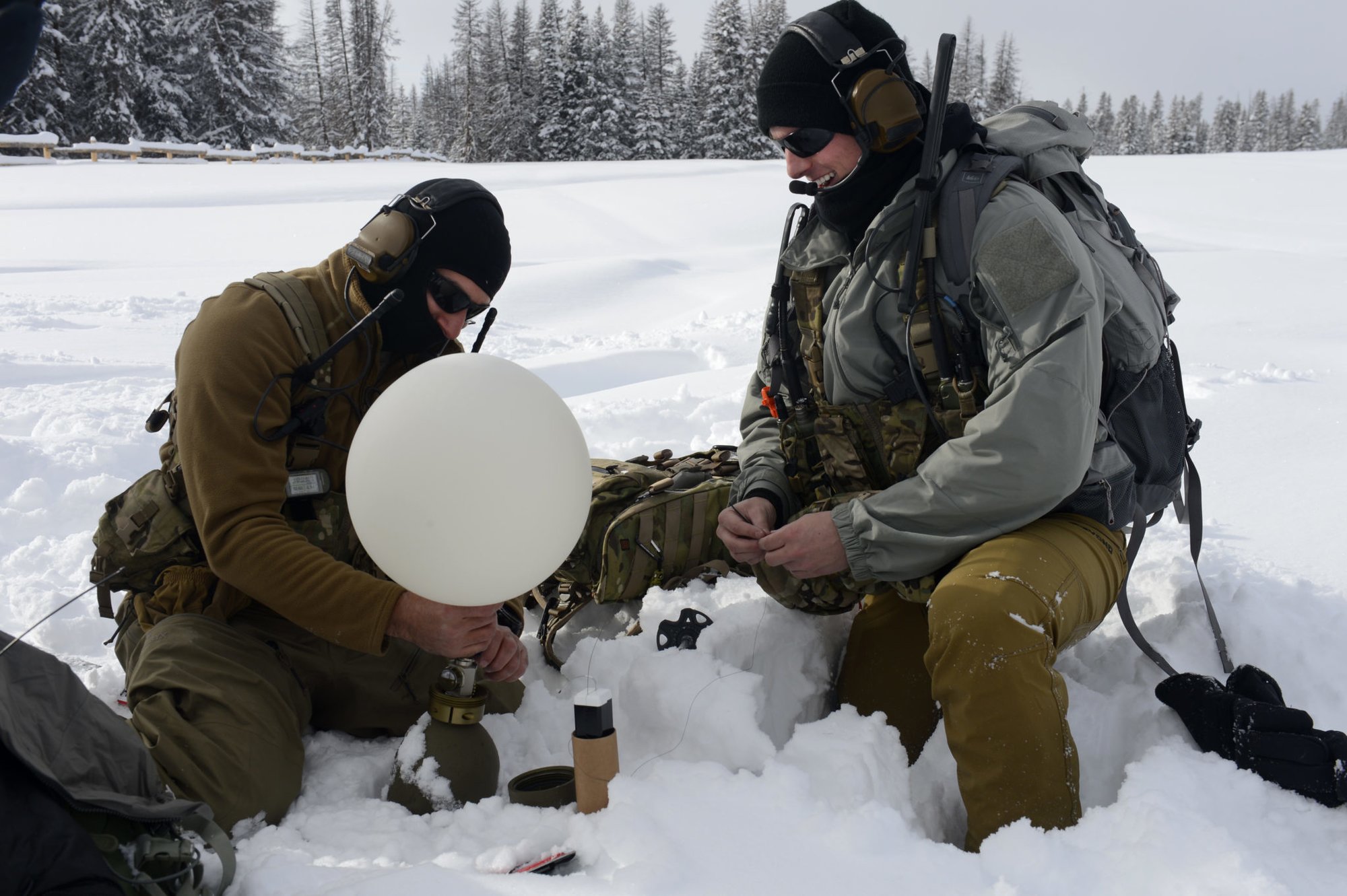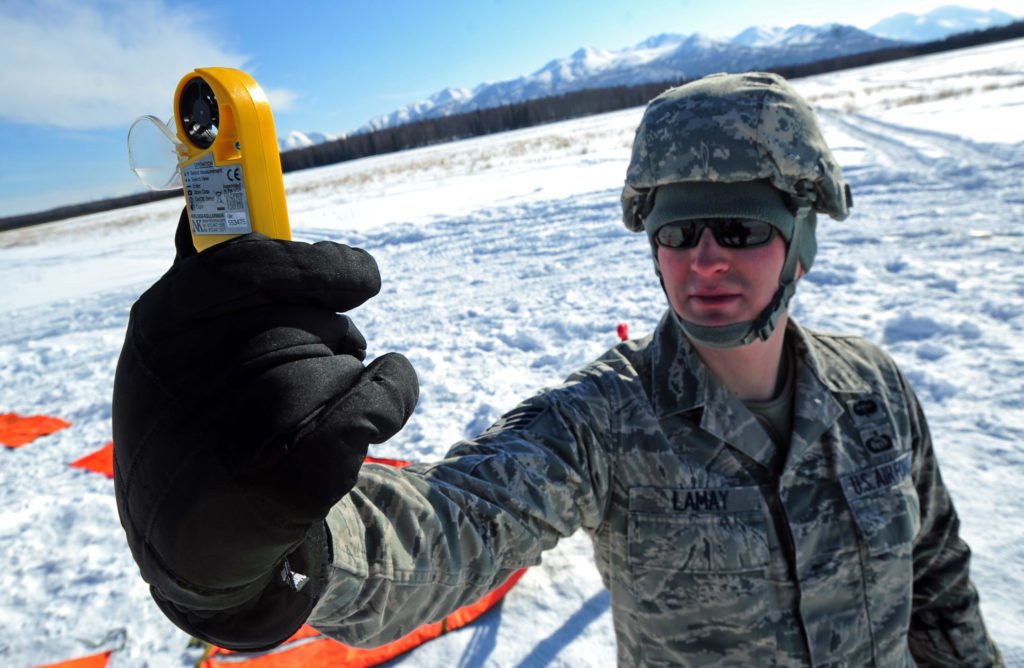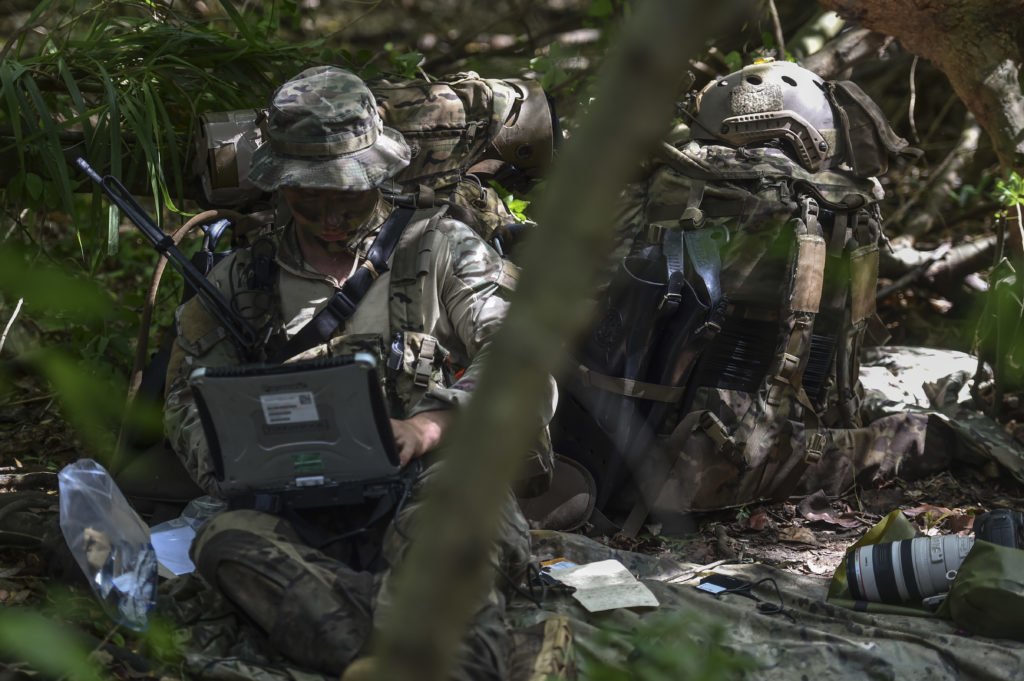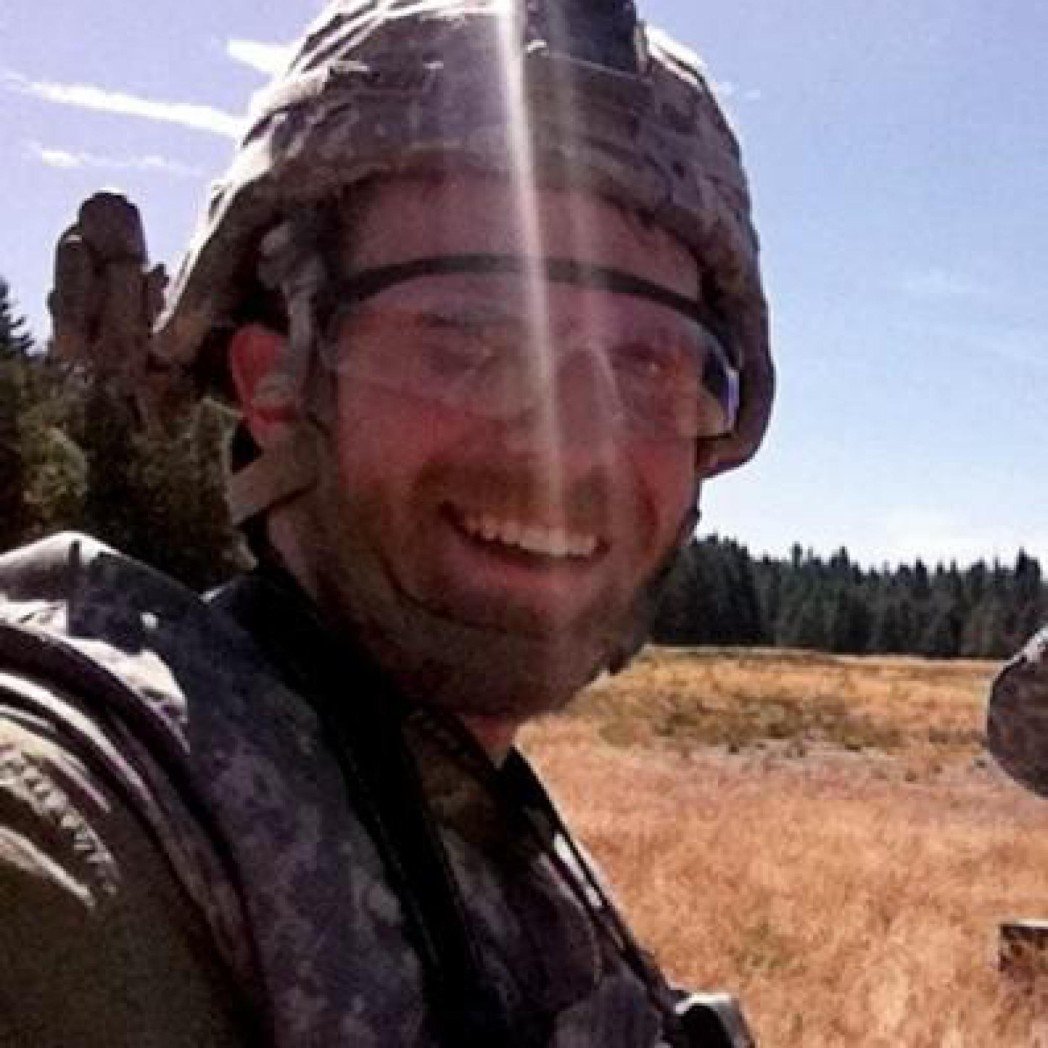
U.S. Air Force Special Tactics Airmen with the 24th Special Operations Wing perform avalanche training at Moran, Wyoming, Dec. 13, 2016. Special Operations Weather Team Airmen have been an integral piece of Special Tactics with unique training to conduct multi-domain reconnaissance and surveillance across the spectrum of conflict and crisis. Photo by Staff Sgt. Sandra Welch/U.S. Air Force.
“Weather guy” doesn’t sound like a particularly badass job on first inspection. For those unfamiliar with the U.S. Air Force’s Special Operations Weather Teams, it may not sound like the sort of thing that takes much courage or daring. But understanding weather patterns is critical to planning military operations. Commanders need to know if a storm will make it dangerous to fly an aircraft or if rain could turn dirt roads into muddy traps for armored columns.
When they need that information for remote territory, they turn to SOWTs. Trained to go deep behind enemy lines and navigate hazardous terrain, they’re the most elite weather guys you’ve ever met — and they’re about to get more badass. On April 30, 2019, the Air Force weather teams changed SOWT to Special Reconnaissance in a move meant to expand the capabilities of Air Force Special Tactics.

“Air Commandos need to operate effectively across the spectrum of conflict, from the low-end to the high-end and everywhere in between,” said Lieutenant General Brad Webb, Air Force Special Operations Command commander, in an issued statement. “It’s what the nation expects from us, and this transition demonstrates our commitment to the National Defense Strategy.”
The change is in line with several shakeups to prepare the military for a new era of what the Pentagon calls “great power competition” that will focus on confrontation with military powers like Russia, China, and North Korea rather than the insurgencies, terrorist groups, and militias that have occupied (and continue to occupy) the U.S. military’s attention over the last two decades.
The U.S. military has used weather teams since World War I, but special operations teams really got their start during World War II. The 10th Weather Squadron was activated on June 24, 1942, in New Delhi, India, to support allied operations in the China-Burma-India theater. Navigating thick jungles, they gathered critical data for mission planners. Combat Weatherman also went on missions in the European theater in France, the Netherlands, and Yugoslavia.
The change is in line with several shakeups to prepare the military for a new era of what the Pentagon calls “great power competition” that will focus on confrontation with military powers like Russia, China, and North Korea …
Elite Weather also played a critical role in the myriad conflicts in Southeast Asia during the 1960s. Sometimes operating in plain clothes and carrying only civilian documents, they’d navigate jungles and backroads with cover stories as they performed recon missions in addition to weather collection. The 10th Weather Squadron ultimately played a key role in planning Operation Ivory Coast — the raid on the Son Tay prisoner of war camp.
They have continued to operate in hostile, rugged terrain in almost every major U.S. military engagement since.
“[Special Reconnaissance] will truncate [special operations] weather training with a shift in focus from long-term regional forecasting to short-term, small-scale, team-specific environmental reconnaissance with an emphasis on special recon as a whole,” said U.S. Air Force Master Sergeant Thomas Howser, a career assistant functional manager for Special Reconnaissance, in a statement about the change.

The training will remain mostly the same as prior Air Force weather teams but will see some expansion. For now, combat dive, military free-fall qualifications, and new recon-specific training are being added to the pipeline. Existing SOWTs will be attending a Special Reconnaissance transition course that will sign off on SR-specific training.
“This move will modernize the force and bridge a gap across all domains,” Howser said. “It will allow joint-interoperability across all the services with regard to Special Reconnaissance.”
An Air Force release noted that the new Special Reconnaissance designation will also honor the sacrifice a past weathermen.
“SR” was the operator-initials of U.S. Air Force Lieutenant Colonel William “Bill” Schroeder, a career special operations weather officer and former commander of the 342nd Training Squadron. Schroeder was fatally wounded during a struggle with a gunman after he placed himself between the attacker and the squadron’s first sergeant on April 8, 2016, at Joint Base San Antonio-Lackland, Texas.
While “Special Reconnaissance Guy” may sound a bit more badass than “Weather Guy,” the SOWT history proves that there’s more to bravery and sacrifice than a name.

Kevin Knodell is a freelance journalist and author. His work has appeared at Foreign Policy, Playboy, Soldier of Fortune, and others. He’s the associate producer of the War College Podcast and a former contributing editor at Warisboring. He’s the co-author of the graphic novels The ‘Stan and Machete Squad, and he currently writes the Acts of Valor comic series for Naval History magazine.
BRCC and Bad Moon Print Press team up for an exclusive, limited-edition T-shirt design!
BRCC partners with Team Room Design for an exclusive T-shirt release!
Thirty Seconds Out has partnered with BRCC for an exclusive shirt design invoking the God of Winter.
Lucas O'Hara of Grizzly Forge has teamed up with BRCC for a badass, exclusive Shirt Club T-shirt design featuring his most popular knife and tiomahawk.
Coffee or Die sits down with one of the graphic designers behind Black Rifle Coffee's signature look and vibe.
Biden will award the Medal of Honor to a Vietnam War Army helicopter pilot who risked his life to save a reconnaissance team from almost certain death.
Ever wonder how much Jack Mandaville would f*ck sh*t up if he went back in time? The American Revolution didn't even see him coming.
A nearly 200-year-old West Point time capsule that at first appeared to yield little more than dust contains hidden treasure, the US Military Academy said.












